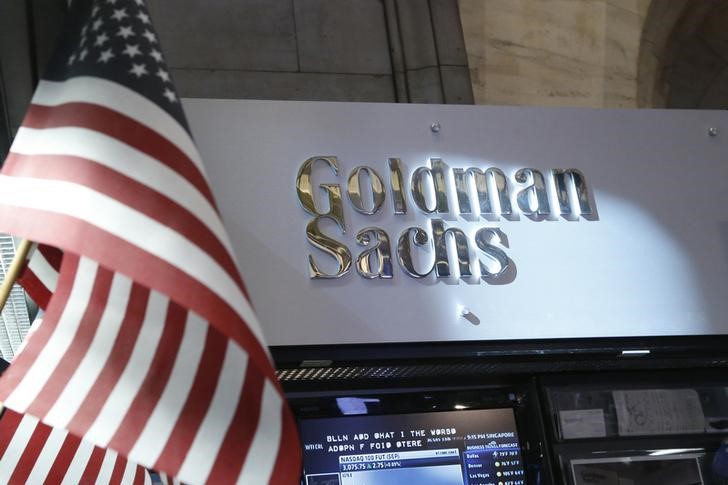(Bloomberg) -- The stock market faces the possibility of significant declines ahead of the U.S. election as economic and political unpredictability dumbfound strategists, according to Goldman Sachs Group Inc (NYSE:GS).’s Abby Joseph Cohen.
“I’m quite concerned that there could be considerable downside,” depending on “factors that we can’t fit easily into our models,” the senior investment strategist said in an interview on Bloomberg TV. “This includes: What will the Congress do? What will the President say? And of course, the election outcome.”
Joseph Cohen, who in the 1990s was the most famous equity strategist in America, pointed to “wide gaps” in valuations within the stock market, with the recovery rally since March having been largely driven by a handful of mega-cap technology companies. This, she warned, can make the market more vulnerable to disappointments. Only this week, markets slid after President Donald Trump announced he was halting stimulus talks until after next month’s election.
“Those of us who have lived our professional lives really focusing in on the math, I think should feel very humble right now because what we recognize is that the models may not be able to properly reflect all of the volatility not just in the markets, but in the economy, in policy and of course in investor sentiment,” Joseph Cohen said.
Goldman’s house view is that the S&P 500 Index is currently “modestly” undervalued based on expectations of corporate profit growth and accommodative U.S. Federal Reserve policy actions, the strategist said. She cautioned that “intense” volatility has been rising ahead of the election and all eyes are currently on the fiscal stimulus negotiations.
A “blue wave” of wins for Joe Biden’s Democrats could bring more certainty to the government’s fiscal actions, according to Joseph Cohen. Investors are now viewing the possibility of a Democratic victory as positive for the longer-term outlook on corporate profits and economic growth in 2021 and beyond, she said.
‘Blue Wave’
“What we’re seeing from investors over the last several days is that a ‘blue wave’ might not be such a bad thing because it would give us more certainty with regard to policy, particularly with regard to the use of fiscal policy to help our economy at this point,” the strategist said.
She echoed the comments of Fed Chair Jerome Powell that more fiscal support is needed to sustain the economic recovery.
Joseph Cohen said that based on her conversations with investors, market participants are uncertain what Trump’s plans would be for the second term, adding that there’s “disappointment” on infrastructure policy and concern about possible environmental and healthcare actions.
U.S. stocks rose on Thursday after Trump advocated a piecemeal approach in a barrage of overnight tweets, and House Speaker Nancy Pelosi signaled openness to a standalone airline-relief bill.
©2020 Bloomberg L.P.
